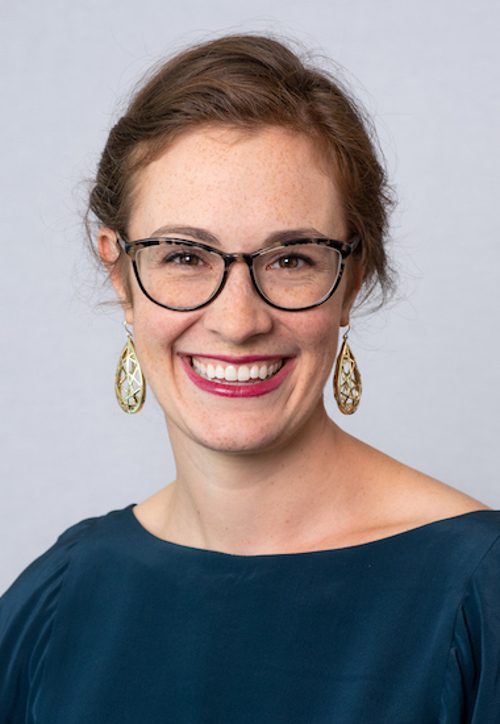'I love our mission': New dentist shares what she loves about public health dentistry

For Alayna Schoblaske, D.M.D., a dentist in a federally qualified health center in Medford, Oregon, there's been a lot to love with spending her first four years as a dentist working in public health.
"I love our mission. I love that I get to work with other dentists and learn from them," she said.
Before dental school, Dr. Schoblaske worked on the administrative staff for the nonprofit Teach For America.
"I saw how dentistry can impact a child's school experience," she said. "That's what really solidified my decision to focus on public health dentistry."
At Oregon Health & Science University School of Dentistry, she and other students started a free clinic and volunteered with the Health Equity Circle, an organization that seeks to address inequities in health care. She graduated in 2017 and completed a one-year general practice residency.
Those experiences, she said, helped prepare her for some of the challenges she faces in her public health career.
"A significant challenge is navigating financial decisions with patients," Dr. Schoblaske said.
Although the clinic offers a sliding fee scale for its services, cost barriers can still impact treatment decisions, such as choosing to extract a tooth instead of saving it.
At La Clinica, Dr. Schoblaske serves a unique demographic of patients; about 51% of her patients have Medicaid, and about 11% of her patients are experiencing homelessness.
However, many of the upsides outweigh the challenges. Along with the fulfillment that comes from helping underserved people attain better oral health, careers in public health dentistry offer benefits ranging from leadership opportunities to assistance in paying off student debt.
Dr. Schoblaske left dental school with $280,000 in student debt. With an extended four-year commitment with the National Health Service Corps Loan Repayment Program, she will receive $140,000 in tax-free loan repayment.
Of course, Dr. Schoblaske said, the most rewarding benefit is knowing her work is increasing access to care.
"How cool is it that we get to help patients who may not have found help anywhere else?" Dr. Schoblaske said.



